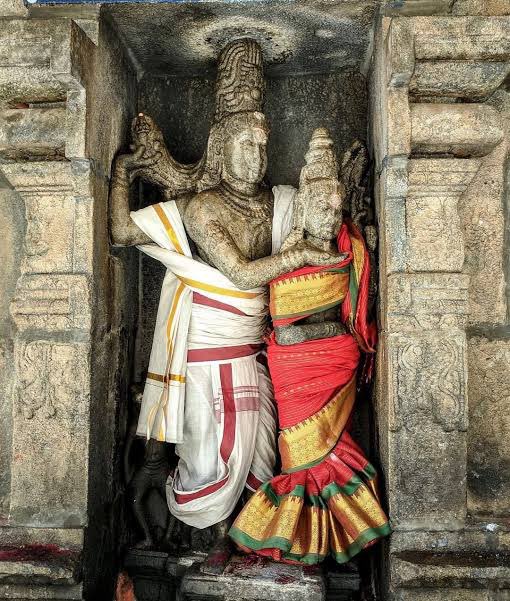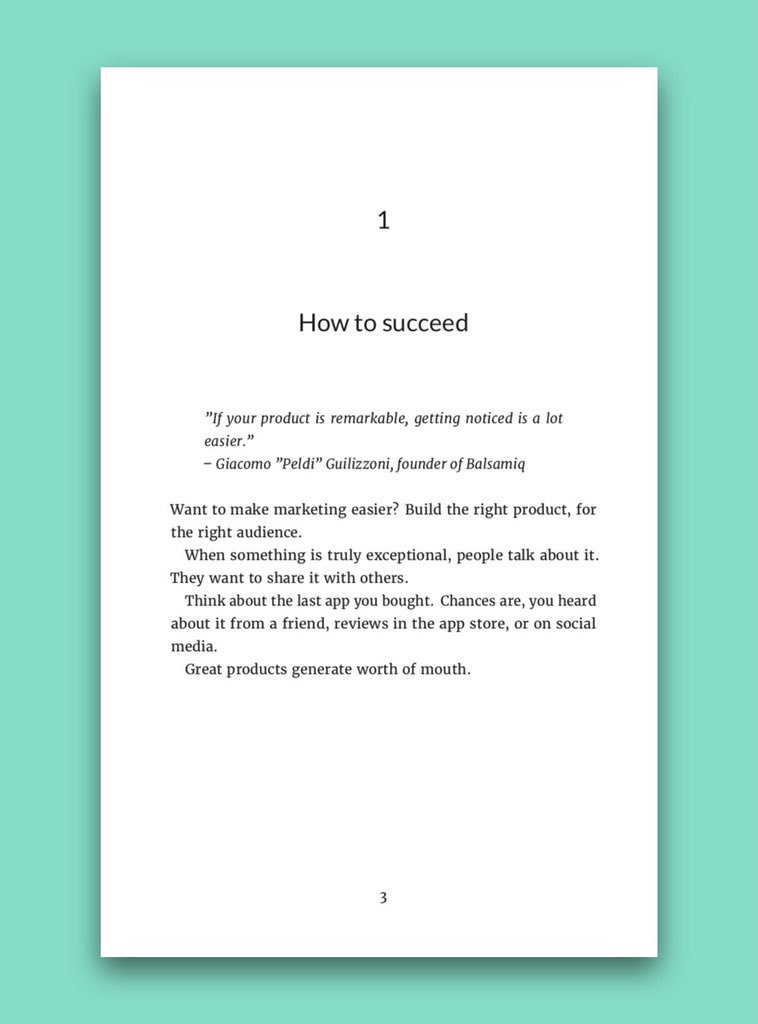.@AjitPaiFCC: I'll "walk you through four of the most challenging calls I had to make over the past four years.
The details and circumstances of these episodes vary, but I think it’s important to say up front that the underlying principle guiding my decisions never changed."
"I said repeatedly that every decision I would make at the FCC would be an independent one, based on the facts and the law. Nothing more. Nothing less. In my view, that must be the lodestar for any FCC leader." -
@AjitPaiFCC
"Net neutrality advocates approached the issue with a religious fervor, and the press corps covering the issue was broadly sympathetic to their position." -
@AjitPaiFCC
"It was clear that there was no real political upside for me to re-open this fight. ... But investment in high-speed networks had declined for two straight years for the first time outside of a recession in the Internet era." -
@AjitPaiFCC
"In April 2017, I announced my intention to scrap these heavy-handed, Depression-era Internet regulations and to restore the bipartisan, light-touch framework that governed the Internet from the 1990s until 2015." -
@AjitPaiFCC
"I knew this would set off a firestorm. But I was willing and prepared to take the heat." -
@AjitPaiFCC
"Right on cue, the usual suspects attacked this as one of the worst things to ever happen. Topping the charts of criticisms was that oldie-but-goodie, 'This is the end of the Internet as we know it.'" -
@AjitPaiFCC
"This hyperbole cheapens debate and is the last resort of ideologues. And it would be bad enough as it were. Unfortunately, things quickly headed in a much uglier direction. Egged on by John Oliver and coordinated Beltway lobbyist campaigns to, quote, 'save the Internet[.]'"
"Those of us who supported that Order received death threats. For good measure, so did my children (indeed, for the rest of kindergarten, my son couldn’t take the school bus—and he never quite understood why). Our personal information was leaked online." -
@AjitPaiFCC
"We were harassed at our homes. ... My personal email account was hacked. We got many unmarked packages with no return address at the door. ... Topping it off: When we voted to restore Internet freedom in December 2017, we had to adjourn the meeting to address a bomb threat."
"I don’t say these things seeking anybody’s pity. I say these things to point out that things got out of hand. And this was a foreseeable outcome of the over-the-top rhetoric and reckless tactics used by so-called public interest groups and their political allies." -@AjitPaiFCC
"But they also should have been able to foresee how I would respond. I didn’t back down. The FCC adopted the Restoring Internet Freedom Order. And I’m glad we did, because the results have been enormously positive for the American people." -
@AjitPaiFCC
"We’ve cut the number of Americans without access to broadband by more than 46%. Average download speeds for fixed broadband and mobile broadband in the United States have more than doubled since we adopted the Order." -
@AjitPaiFCC
"During the pandemic, our networks have held up extremely well. Not only have they handled the surge in Internet traffic, but average speeds have actually gone up over the past ten months." -
@AjitPaiFCC
"And compared to 2015, today’s average U.S. consumer is paying 28% less for broadband in real terms while getting faster service. ... Most important, the Internet is stronger than ever. And it’s remained free and open[.]" -
@AjitPaiFCC
"Was repealing the FCC’s net neutrality rules in the face of tremendous pressure easy? No. Was it worth it? Yes indeed. Because it was the right thing to do." -
@AjitPaiFCC
"Obviously, this first decision was controversial with those on the political left. But just for the record, I’m an equal opportunity offender." -
@AjitPaiFCC
"To quote the President: 'So sad and unfair that the FCC wouldn’t approve the Sinclair Broadcast merger with Tribune.' And then he closed with 'Disgraceful!' for good measure." -
@AjitPaiFCC
"It’s also important to note that much of the criticism of the merger was less about the idea of a broadcaster expanding its reach to 72% of the country, and more about the fact that the broadcaster was Sinclair. Sinclair is widely perceived to be a right-leaning broadcaster."
"As I committed to doing ten years ago when I was nominated by President Obama t ... I followed the facts and applied the law. We did that, and unanimously designated the Sinclair/Tribune transaction for a hearing to resolve the disputed issues, effectively killing the deal."
"Was this experience pleasant? No. But I’d do it all over again. And I would note that you don’t demonstrate the FCC’s independence by saying you’re independent. You do it by acting independently." -
@AjitPaiFCC
"In terms of powerful opponents in Washington, it’s hard to top the President. But let me tell you what it’s like to go toe-to-toe with the Pentagon." -
@AjitPaiFCC
"Before going any further on Ligado, you need to understand some important context. Nearly everyone agrees that we need to free up more spectrum for wireless innovation." -
@AjitPaiFCC
"But on any given band you examine, you will always find somebody—a federal agency or private company or both—objecting to repurposing the particular band under discussion. That’s certainly been true in the case of Ligado." -
@AjitPaiFCC
"Ligado has held licenses in the so-called L-band for decades. For 17 years, Ligado and its previous iterations had been haggling with the Commission over proposed deployments that would make more efficient use of this spectrum." -
@AjitPaiFCC
"I’ve often said that the most powerful factor in government is regulatory inertia. Now you see why. This issue has been sitting around for 17 years because the FCC has long found it much easier to kick the can down the road than to confront this high-powered opposition."
"Aside from the White House, no one in Washington is more powerful than DoD. And no argument is more effective at shutting down debate than claims that what you’re proposing could undermine national security." -
@AjitPaiFCC
"True to form, I chose to side with the facts and the engineering. And the FCC granted the application. Unanimously. And far from rubber-stamping Ligado’s application, we imposed serious conditions to go above and beyond in ensuring that we protected adjacent-band operations."
"I know that the FCC’s unanimous decision was the right decision. ... this matter reveals a basic truth: Once the FCC discerns the technical truth, it must then be willing to act even if it upsets powerful opponents. Otherwise, America will never lead ... wireless innovation."
"But I do appreciate that Congress agreed that the relevant standard is whether Ligado’s operations will cause harmful interference rather than the flawed standard backed by DoD. And I am glad Congress ended up rejecting the more extreme language sought by our critics."
"Bidding for 280 megahertz of prime, mid-band spectrum in the FCC’s C-band auction just conclused, garnering a record-breaking $80.916 billion in gross proceeds. By comparison, the previous record for gross bidding in an FCC auction was about $45 billion." -
@AjitPaiFCC
"The first key decision I had to make on the C-band was how to make it available for 5G. Should we hold a public auction ... Or should we allow a private sale[?]" -
@AjitPaiFCC
"There were powerful factions on both sides of the issue. And we gave serious consideration to both options." -
@AjitPaiFCC
"Even though many 'experts' claimed that we favored a private sale, we never took a public position on the issue—until November 2019, when I announced ... a public auction. This decision was not based on politics, but what I thought was the right answer." -
@AjitPaiFCC
"Our next big decision was how much spectrum should be made available for flexible use. ... After a careful review of the record, we chose a balanced approach, clearing the lower 300 megahertz of the C-band and make 280 megahertz available for flexible use[.]" -
@AjitPaiFCC
"Now comes the hardest, and I think most consequential, decision. ... To move quickly, we were going to have to give incumbent satellite companies a reason to move quickly too." -
@AjitPaiFCC
"Even though those payments would be made by those wireless companies winning licenses in the C-band auction, I knew that opponents would characterize these payments as coming from American taxpayers." -
@AjitPaiFCC
"It would be hard to come up with a plan that could be so easily painted in a negative light, aside for maybe giving $10 billion in bearer bonds from the U.S. Treasury to Hans Gruber from Die Hard. But our economic analysis said this was the right play, so we pressed on."
"Thank goodness, we ignored the soundbites and moved forward because the C-band auction has vindicated each one of our decisions. It’s gone better than anybody expected. And it’s proved the critics wrong." -
@AjitPaiFCC
"We expect that 5G services will be deployed with this spectrum two to four years faster that we might otherwise have expected without these accelerated relocation payments. In the race for global leadership in 5G innovation, four years is the difference[.]" -
@AjitPaiFCC
"To be sure, there were a lot of naysayers who opposed us every step of the way, raising every legal objection conceivable as to why we couldn’t do this. They were just wrong. We’ve won across the board in court." -
@AjitPaiFCC
"Net neutrality. Sinclair. Ligado. C-band. Four different stories, with many different twists and turns. But in an important way, these are the same story—the story of this FCC over the past four years." -
@AjitPaiFCC
"Time and again, we faced with a hard choice. Time and again, we made our decision based on the facts and the law. Time and again, we relied on our excellent career staff to guide us. Time and again, we defended the agency’s independence." -
@AjitPaiFCC
"Time and again, we did what was right. And time and again, we delivered for the American people." -
@AjitPaiFCC
"To quote from President Reagan’s farewell address, 'We weren’t just marking time. We made a difference. . . . All in all, not bad. Not bad at all.'" -
@AjitPaiFCC



























